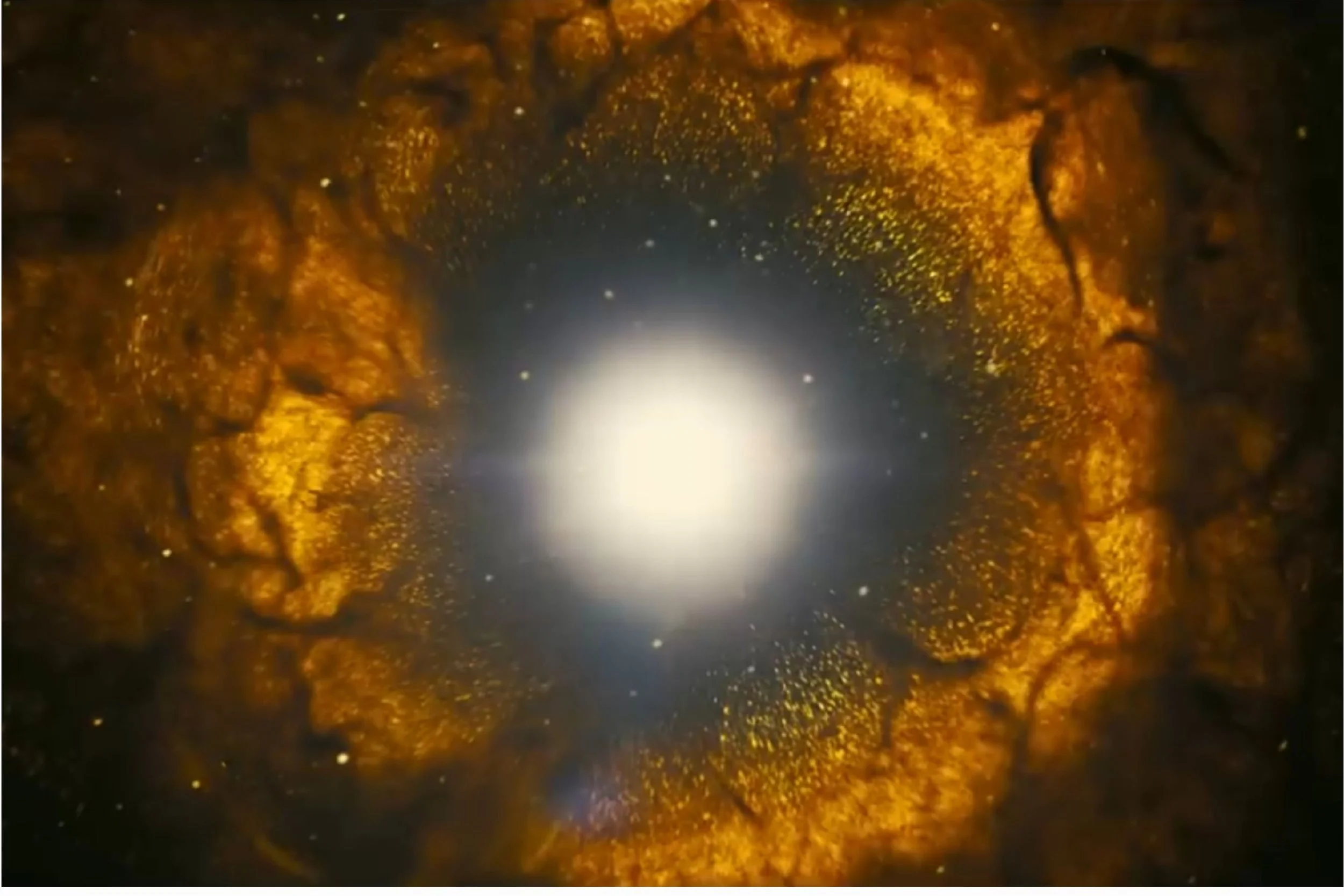Oppenheimer: Where Film Meets Science
While watching Christopher Nolan’s latest blockbuster, something felt strangely familiar.
Photo: Oppenheimer | New Trailer/Universal Pictures YouTube
Like General Leslie Groves, portrayed by Matt Damon in the film Oppenheimer, I studied engineering at MIT. I wanted to learn how to protect the planet for generations to come, and according to some early 90s college rankings, MIT was the place to do it. I remember reading the dot matrix printout in my high school career center: MIT #1.
Years later, I would be there, on campus, trekking the infinite corridor to reach my 8.01 lecture. The intensity of your first month is an experience unlike any other. It was rumored that only Caltech was tougher—though hard to believe as you sat shoulder to shoulder with the brightest young minds in the world, consuming new ideas at light speed. It’s sheer survival. But sometimes, you come up for air while drinking from the firehose and reflect on the context where you presently exist. It was during one of these moments I realized, “Oh snap. I’m learning quantum physics,”—granted, at an introductory level and doing so miserably. Still, it was mindblowing.
In short, scientific culture is intense. Brains are busy firing, forming new thoughts, testing theories, stretching, growing. The misguided nerd stereotype truly has no place there. What we see as the socially awkward are simply folks out of their element. Place them all together, like a campus along the Charles or a government town in New Mexico, and watch the magic. They have their own language and ways of relating. It’s a frenzied existence where even downtime is unusually intense. After all, all work and no play makes Jack a dull boy.
Photo: Oppenheimer | New Trailer/Universal Pictures YouTube
Oppenheimer is a controversial movie for many. It’s viewed as glorifying a man who brought death to thousands. I’m unsure if that was Christopher Nolan’s intention. But what he does undoubtedly glorify and brings to life in an adept and immersive way is science. Both chaotic and disciplined, infinitely fast yet slow-burning, science is the star of this film. It’s not only a character but a setting, an actual place with its own sights and sounds. Light, dark, ripples, flow, flame, sparks, vibration, percussion, and of course, explosion.
Of the movie’s imagery, Nolan speaks of “scintillating or vibrating energy” that not only represents Oppenheimer’s nervous state but “quantum physics as it manifests itself, ultimately, in the destructive power of the bomb.” The bomb—the absolute ugliest elephant in the room. Countless lives lost. Ecosystems ravaged. Even that magic I mentioned seemingly destroyed. Through my senior thesis at MIT and an early-career consulting project, I’ve visited three of the country’s nuclear weapons sites. The mid-century buildings of that era may remain, but the captivating flurry of scientific brilliance has been replaced with something else. Still intense but severe and sterile. If Nolan were to depict it in film, it would be far less fanciful.
So, while the work of Oppenheimer the man was a bomb that would forever change our world, Oppenheimer the movie most effectively tells a story of science and those who can wield its power. The nerd in me fully understood it. My only regret is not seeing the film in IMAX 70mm so I could be fully transported there.



